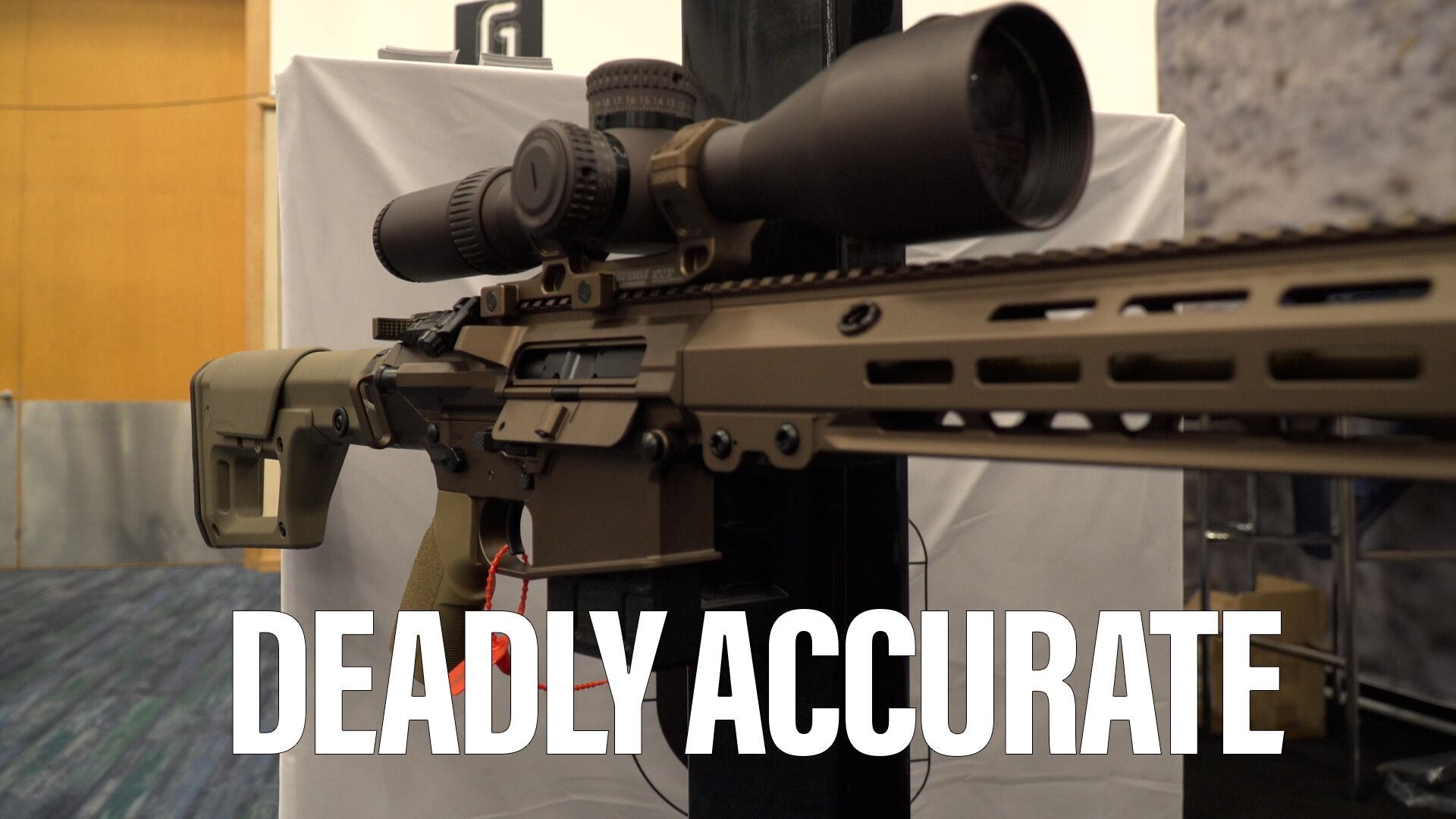WASHINGTON — Northrop Grumman quietly beat out incumbent BAE Systems for a major US Army contract to build next-generation technology to protect aircraft from infrared-guided missiles, [last week,] but analysts question whether the victor will reap all the spoils.
Northrop was awarded a $35 million engineering and manufacturing development contract late on Aug. 28 to build 21 sets of the Common Infrared Countermeasure (CIRCM) system to replace BAE's legacy the Advanced Threat Infrared Countermeasure system (ATIRCM), BAE's legacy system.
CIRCM will defend against infrared missiles using a direct laser jamming capability when integrated with an entire suite of aircraft survivability equipment.
While the initial order is small, the Army could buy up to 71 systems if all contract options are exercised, bringing the engineering and manufacturing development (EMD) contract total to $140 million, according to an Army statement.
Ultimately, the service plans to spend more than $3 billion to buy 1,076 systems for its aircraft. And that's just the Army's order; more opportunity exists in the international market and potentially the commercial world.
"We are not sure why the contract has an option for EMD," unless BAE Systems is not completely knocked out of the running and may pick up a contract of its own for additional development, Roman Schweizer, Guggenheim Partners defense policy analyst, wrote in a memo shortly after the award announcement.
"It will probably take a few years to play out," Schweizer told Defense News. "The two next questions are, one, can Northrop execute on this strong opportunity and, two, is there a way that BAE can innovate or take a different technology route to remain competitive in the market."
Jeff Palombo, vice president in charge of Northrop Grumman's Land & Self Protection Systems Division, said the 21 CIRCM ship sets the company will build will primarily go toward flight and reliability testing. "Then based on the performance there and the pace of that, the Army will decide when they would start to order some of the additional options and things on the contract," he said.
There is no timeline for when the Army may choose to exercise any of the contract options, Palombo added.
Analysts at the investment bank RBC Capital Markets observed in a memo that the full award to Northrop "doesn't appear to be guaranteed as the Army will have plenty of chances to test the system before committing to large quantities."
The Lexington Institute's Loren Thompson said the CIRCM award represents a wider approach in acquisition strategy to avoid "vendor lock." If Northrop falters, BAE will be waiting to pick up the pieces, he said.
The Army has taken similar approaches with its radio competition, "qualifying multiple vendors and doing annual buys or block buys for quantities," Schweizer said. "It would seem like the Army has been leaving itself off ramps in some of its recent award decisions, and you would think they would continue that."
The Teal Group's David Rockwell agreed the contract award does not indicate "a definite shut-out of BAE Systems." If the Army reaches production, Rockwell said, "there is also a good chance that CIRCM might be bought from both Northrop and BAE, much as omnibus procurements for Army night vision equipment."
The Army may also want to keep BAE in the infrared countermeasure business as a competitor "to keep Northrop honest," Rockwell said, and the Army would likely want to keep BAE healthy, producing and developing these capabilities in the future.
"With more than 40 years of experience pioneering and delivering cost-effective and technologically advanced aircraft survivability solutions, we are disappointed by this decision," BAE said in a statement.
Whether BAE plans to protest the decision remains to be seen. The company said in a statement that it is "currently considering all of our options as we prepare to be briefed by the Army about the decision." Companies typically have 10 days after a contract is awarded to file a protest with the Government Accountability Office.
Would it be a blow to BAE if Northrop remained the sole manufacturer of the CIRCM system? Yes, aAccording to Schweizer, the answer is yes, "but there is a long way to get there."
BAE's recent victory when the Defense Department approved ATIRCM for export could also pit the company against Northrop in the international market down the road as well.
Email: jjudson@defensenews.com
Twitter: @jenjudson
Jen Judson is an award-winning journalist covering land warfare for Defense News. She has also worked for Politico and Inside Defense. She holds a Master of Science degree in journalism from Boston University and a Bachelor of Arts degree from Kenyon College.








